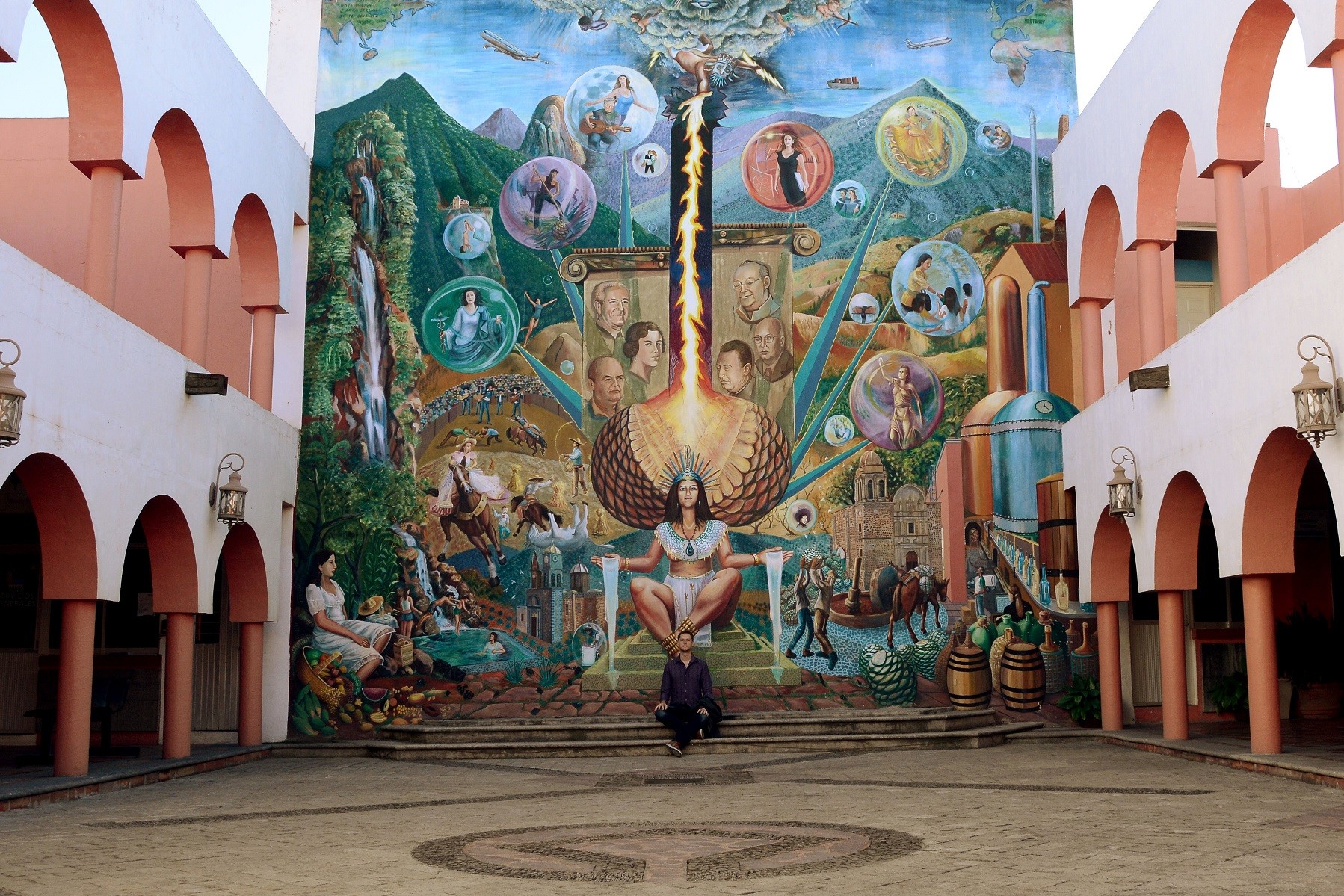To download the audio, right click here and press “Save as”.
If you’re not looking for alternatives to government, modern democracy and economies dominated by centralised control of currency, then you’re just not aware how bad things are. To go about your daily life, you might not have to confront these issues. Though you complain to the cashier about prices rising and blame the person or company that’s right in front of you, though you never stop to think about the deeper causes. You complain to your insurance agent that his prices have risen 10%, while the CPI is at 2.6%, but you never question why such a thing as a CPI exists in the first place.
It’s something like living in what you think is a happy marriage – a “satisfied” marriage . You’re more or less nice to your partner and your partner is more or less nice to you. You live together; you’re both financially comfortable; perhaps you even share intimacy from time to time. Yet, one day you wake up and can’t ignore the signs that your partner is cheating on you, or has no passion, or is completely indifferent to your presence. You drive to work and yell at the guy who cuts you off, and that sudden outburst gives you the chance to bury your overwhelming suspicions. You distract yourself with your work, forget about your paranoid, careful, and accurate analysis, and push yourself in denial for another few months. That is something like how a first-world central bank-dominated economy is. You can ignore it, and deny it, until one ominous day, in which you cannot.
Many people in the world don’t have that privilege – the privilege of ignorance of how badly they are being fucked. They have that personal knowledge because they have lived through several economic crises, currency collapses and devaluations. They’ve had to walk in the rain to trade Deutschmarks for pounds with shady characters in a dark alley. They’ve had to walk into a supermarket with the dread that a ruble is no longer worth five “standard units”, and they may not have the money to cover their groceries.
Normalcy bias affects everyone who has some semblance of normalcy in their life, and the more normalcy they have, and the longer it is sustained, the greater the bias.
The question is, what is going to happen in those countries where people have never really gone through an economic collapse or a currency crash, when it finally happens? What happens if the US dollar collapses, reducing central banks’ reserves to worthlessness? How far do the dominoes fall? Are people going to panic? Will there be a state of anomie, with people looting and killing for food and water? Will people be reduced to shock when they realise things that were once commonplace are, at least for today, impossible? What happens if there’s nothing in the supermarket? What happens if there is something in the supermarket, but the hundreds of dollars in your bank account are not worth anything by the time you get there?
